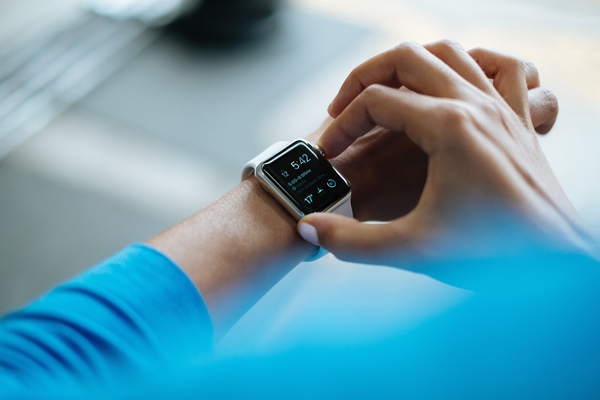14 December 2016. The research institute RTI International and health data technology company Validic are examining ways of gaining better insights from data generated by wearable devices, such as fitness trackers. Financial aspects of the collaboration between the organizations, both located in North Carolina, were not disclosed.
RTI International is an international not-for-profit institute conducting studies in the natural and social sciences, engineering, and international development. In a paper published a year ago, researchers from RTI and University of North Carolina found a mixed pattern of value from data generated by fitness trackers. The devices produced better data when counting steps, but lower validity in estimating distance and physical activity, and assessing energy expenditure and sleep.
An editorial in a separate journal in July 2016 by the study’s senior author Robert Furberg, an informatics specialist at RTI, notes, “Outputs from consumer wearable systems that are not directly measured on the device are prone to error. The execution of such functions is shrouded in the mystique of commercial, proprietary algorithms are therefore not fully appreciable.” Furberg cites a lawsuit against Fitbit, a leading fitness tracking device maker, for inaccuracies in heart rate measurements to underscore, “the importance of validating both direct and indirect measures from such devices, especially if used for research purposes.”
Validic, in Durham, North Carolina, provides a platform for connecting data collected from patient remote monitoring systems, wellness apps, fitness equipment, mobile sensors, and wearable devices with their health care provider customers, such as hospitals and clinics, as well as insurance companies, fitness clubs, and pharmaceutical companies. The company says it provides customers with a single connection to data from this wide variety and large number of sources, connecting nearly 400 different apps, devices, and remote systems and affecting an estimated 223 million individuals.
The collaboration between RTI and Validic aims to improve the quality and reliability of data generated by wearables that the organizations say are worn by some 20 percent of Americans. The project will first focus on the health, genetic profile, social experiences, and living situation of teenagers, and their impact on health and behavior later in life. Further studies are expected to match data from wearables on factors such as physical activity, sleep, and heart rate to overall health and wellness outcomes.
The objective of these inquiries is to optimize the data from wearable devices for rigorous research needs. “Relatively little is known about the validity and reliability of consumer devices,” says Furberg in an RTI statement, “and there has not been much work done to pair large samples of these data with other, more traditional sources, like survey responses and clinical records.”
“Effective interoperability,” adds Validic co-founder and CEO Drew Schiller, “is key to having valid data captured in a consistent manner that will allow it to be a reliable part of both prevention and treatment.”
Read more:
- Many Health Apps Found Not Helping People in Need
- Sweat Sensor Devised for Blood Glucose Measurement
- Heart Research Built Into Personalized Activity Tracker
- Cancer Center Tests Mobile Patient Tracking
- Wearable System Devised for Stroke Rehab at Home
* * *


 RSS - Posts
RSS - Posts
You must be logged in to post a comment.